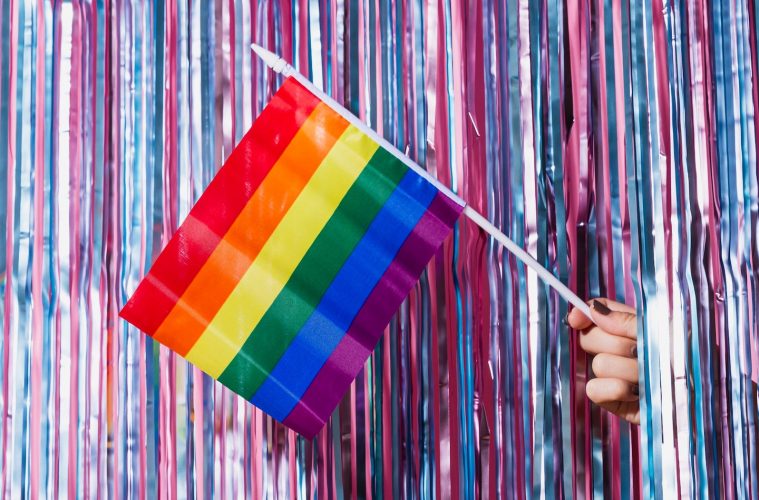Social media was awash a while ago with a rather surprising statistic. ‘53% of adult Indians support same-sex marriages, says Pew Research Center’, announced posts shared by thousands. They quickly went viral with many members of the community and some outside of it, coming forward and hailing this ‘progressive’ new datum.
Major news outlets including The Wire and India Times published it on their websites. The data was published and republished during the International Pride Month, a month-long celebration of the vibrancy that exists in the LGBTQIA+ communities and a depiction of all that is left wanting.
Amidst the celebration, it is important to cut the clutter and actually examine the methodology of the Center’s survey and more importantly, the sample size employed by it.
While the credibility of the organization and its surveying remains sacrosanct, what is important to know before celebrating is what the data actually represents and why some may feel that it is reductive in nature.
If you go to the Pew Research Center’s report titled ‘How people in 24 countries view same-sex marriages’ you will see a ‘how we did this’ option. Click on that and you will find that the data for all the 24 countries is based on the Global Attitudes Survey 2023. On investigating further, you will get access to the country-specific survey and the sample size used in it. In India, the sample size taken is 2,611.
Is the survey actually based on just 2,611 respondents? How many of them were reluctant to answer? While the answer to the second question can be found here, the fact remains that the sample size for the survey is small for a country with a population of more than 1.425 billion and one which is now effectively the world’s most populous.
While Pew’s previous survey about queer experiences in India, done in 2019, used the broader term ‘homosexuality,’ the sample size for this survey was also just 2,476. Did this number represent the entirety of India? Once again, no answers are readily available.
What is ironic is that despite multiple news outlets celebrating the datum and the acceptance of ‘same-sex’ marriages, not one question in the two-page document released by the Center is about the legalization of marriages or recognition of civil unions, something which activists have been demanding for ages. The question asked is-‘Do you strongly favor, somewhat favor, somewhat oppose or strongly oppose allowing gays and lesbians to marry legally?’
The term ‘same-sex marriage’ is itself reductive in nature and could have been replaced with the more inclusive- ‘marriage equality.’ ‘Same-sex marriages’ reduces LGBTQIA+ to just its first two letters.
‘The debate in India is not only about the marriage of same-sex couples, it is about recognising and giving legal backing to people belonging to all sexualities and genders.
The main sampling areas as mentioned in the report are primarily big and affluent capitals of the country including Ahmedabad, Bengaluru, Kolkata and Mumbai, along with villages and towns ‘stratified by urbanicity.’
This begs the question- were most of the respondents from the above mentioned Indian capitals? No answer is given by the Center. How many of the total responses were from villages and towns? The answer to this is also not readily available on the website.
The pride month has now ended and so will the talk about the community on mainstream media outlets. It will reignite if the country upholds marriage equality.
But the community needs more.
It needs more not just from reputed organisations like Pew but also from outlets from within the country who have the reach and the audience to actually create real change.
It is time that India accepts that its sexual and gender minorities are not just numbers that need to be documented but humans that need to be celebrated, and fought for.
- Barbie, Oppenheimer and the Gender Conundrum - July 26, 2023
- Out Of The Closet, Stuck In The Spreadsheet - July 3, 2023


